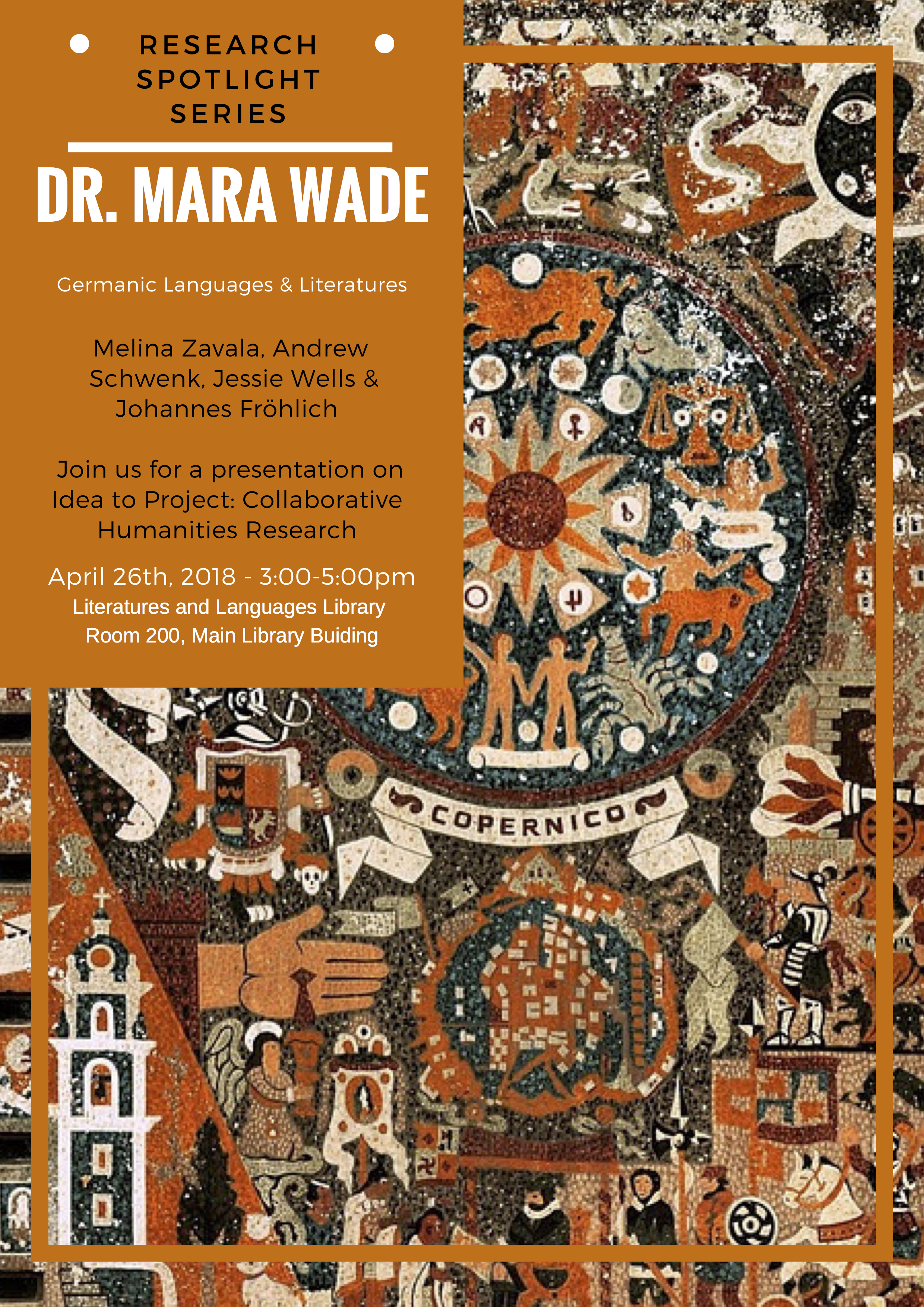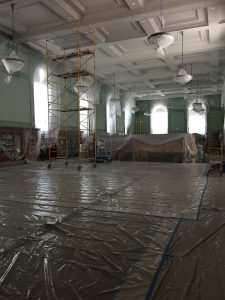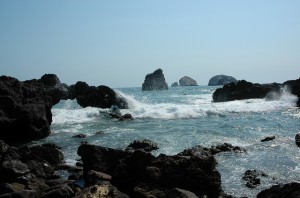This week, UIUC MFA student Weston Morrow reads “She Decides She Prefers Longing Over Satisfaction” by Maya Jewell Zeller and “I Consider My Grandfather Going Home” by Weston Morrow. Watch his readings on our Instagram here and here, and read his reflections below:
Both the poems I’ve chosen to read here consider the landscape—of both nature and the self. I was sitting at my desk recording these this morning with the aid of the increasing natural light and, for the first time in what feels like forever, I worried whether the birds outside might sing loud enough to interrupt my audio.
Like the speakers in both these poems, I’ve felt a sense of dread, of loss, and loneliness, these past twelve months. I’ve sat inside my house with nothing to do at times but look out the window by my desk. I watched the trees shed their leaves and my world shrink with the winter light as I slipped further into myself and further away from others.
I haven’t found myself able to read for fun in months, but the dogwood across the street is blushing pink, the light is finding its way back into my room through the curtains, and I’m reading again. Maya Jewell Zeller’s poem reminds me that the world is always there, awaiting my return, and no matter how calloused I become, the grass will come back each spring, and give my feet a soft place to land.
Poetry, like nature, can recede from my consciousness at times. It can feel frivolous in the face of loss — as people I love, and the world we call home, are dying. Eighty years ago, W.H. Auden wrote a line quoted still today, by lovers and haters of poetry alike, “[P]oetry makes nothing happen…” But, consider, if you will, the rest of the section:
For poetry makes nothing happen: it survives
In the valley of its making where executives
Would never want to tamper, flows on south
From ranches of isolation and the busy griefs,
Raw towns that we believe and die in; it survives,
A way of happening, a mouth.
As I sit here at this desk, hardly having moved this past year, I’m thinking—finally—like Zeller’s speaker, who “wanted to know / how far the wind went / after it rounded the tool- / shed, the river bend…”
Who knows what lies ahead. I’m nervous, but excited. I think I’ll go outside. I might even take my shoes off.



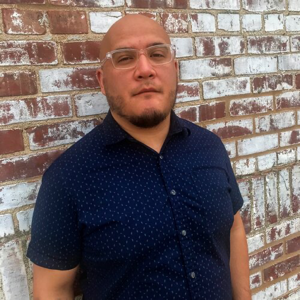
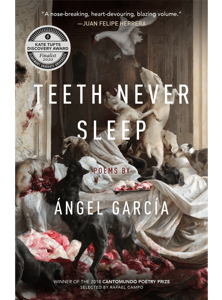
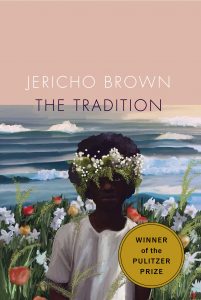 For today’s celebration of National Poetry Month, Isaac Willis, a student in UIUC’s Creative Writing MFA program, reads
For today’s celebration of National Poetry Month, Isaac Willis, a student in UIUC’s Creative Writing MFA program, reads 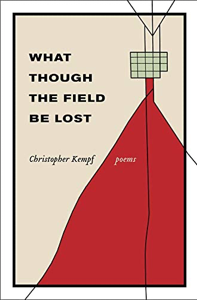 Christopher Kempf is Visiting Assistant Professor in the Department of English, where he teaches in the MFA Program. He is the author of the poetry collections
Christopher Kempf is Visiting Assistant Professor in the Department of English, where he teaches in the MFA Program. He is the author of the poetry collections 